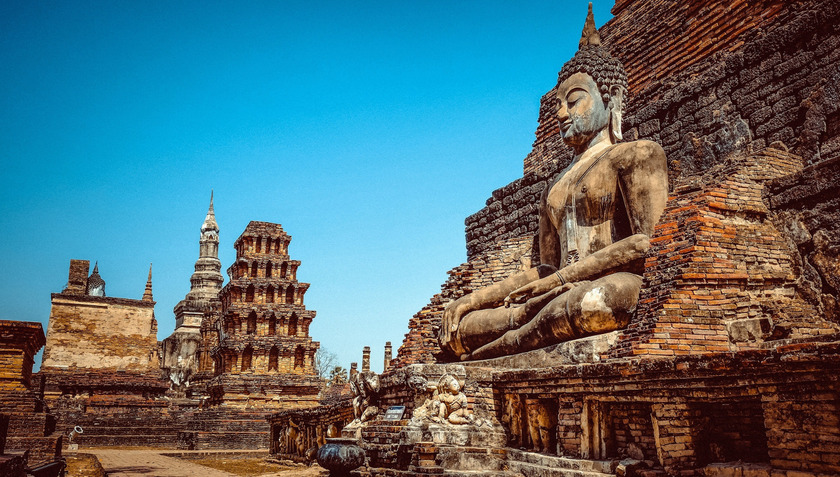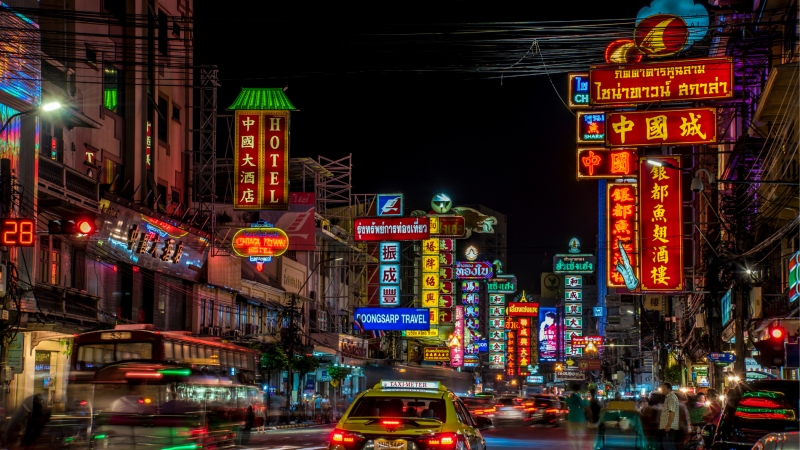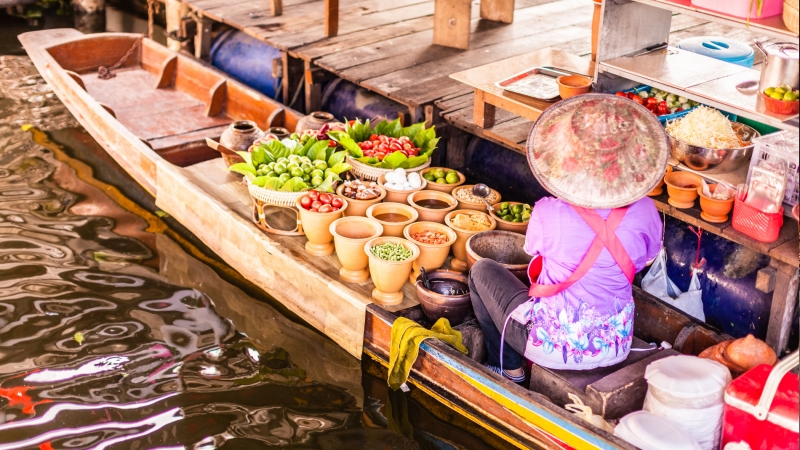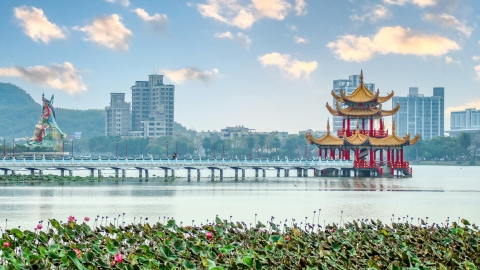Thailand has long been a jewel in Southeast Asian tourism, attracting millions of visitors every year. With its long stretches of white sandy beaches, crystal-clear waters, ancient temples steeped in mystery, and a rich culinary scene featuring spicy and flavorful dishes, the land of temples has always held a powerful allure. However, the landscape of Thai tourism is about to undergo significant changes as the government decides to implement a travel tax. This decision is expected to have a considerable impact on the travel experience for tourists.
Thailand's Minister of Tourism and Sports, Sorawong Thienthong, has announced a plan to levy a new tax on tourists called a "travel tax," which will be submitted to the Thai Cabinet for approval in the first quarter of 2025.

The Thai Ministry of Tourism and Sports has made a notable decision by renaming the "landing fee" to "travel tax".
The “Kha Yeap Pan Din” (Thailand Grounds Fee), also known as the “landing fee,” was approved in principle by the Cabinet under former Prime Minister Prayut Chan-o-cha in February 2023 as a measure to help revive the Thai economy after the COVID-19 pandemic. The bill aims to tax 300 baht (US$8.88) on foreigners arriving by air and 150 baht (US$4.44) on those arriving by land or sea.

The Land of a Million Elephants is a world-renowned tourist destination.
The proceeds will be used to help develop new tourist destinations and upgrade infrastructure for public services. After this policy was abolished in June of this year under the leadership of former Prime Minister Srettha Thavisin, the current government under Prime Minister Paetongtarn Shinawatra has decided to revive the plan, under a new name: the “travel tax”.
Mr. Sorawong stated that, once approved, the tourism tax will take effect within six months, or around mid-2025. Initially, this tax will apply to tourists arriving in Thailand by air.

This change is not simply a linguistic adjustment, but also represents a strategic move.
The Ministry of Tourism noted that air travelers account for approximately 70% of international visitors to Thailand, making air travel the first focus of the new tax. A portion of the revenue will be used to purchase insurance for foreigners, while the remainder will be added to a tourism development fund. This fund will support improvements to tourist attractions, including the construction of facilities for people with disabilities and restrooms for tourists.
Mr. Sorawong said the Ministry of Tourism is also developing an app to collect the tax, which will be linked to the Krungthai Bank system. The current insurance amount will remain the same, not exceeding 60 baht compared to the 300 baht travel tax per person.

The proceeds will be used to help develop new tourist destinations and upgrade infrastructure for public services.
The insurance payout in case of death is set at 1 million baht, and a maximum of 500,000 baht for injury. This amount is in addition to the insurance that foreign tourists purchase themselves. The insurance under the new tourism tax will cover stays in Thailand of up to 30 days, applicable to approximately 87% of foreign visitors, according to Mr. Thienthong.
After the initial phase, the Cabinet may consider adjusting taxes for passengers arriving by land and sea to be on par with those for air passengers to avoid accusations of unfair treatment.

The proposed tourism tax aligns with the global trend of funding tourism infrastructure and services.
However, the tourist tax will not apply to cross-border traders, who will need to present a border pass when traveling between neighboring countries.
The proposed tourism tax aligns with global trends in funding tourism infrastructure and services. For Thailand, a country that welcomed around 40 million international tourists annually before the pandemic, this new tax is expected to provide essential funding for tourism-related projects without relying heavily on the national budget.
Thailand's proposed tourism tax could set a precedent for other Southeast Asian countries and popular tourist destinations worldwide, especially in the context of post-pandemic tourism recovery.

 VI
VI EN
EN


































